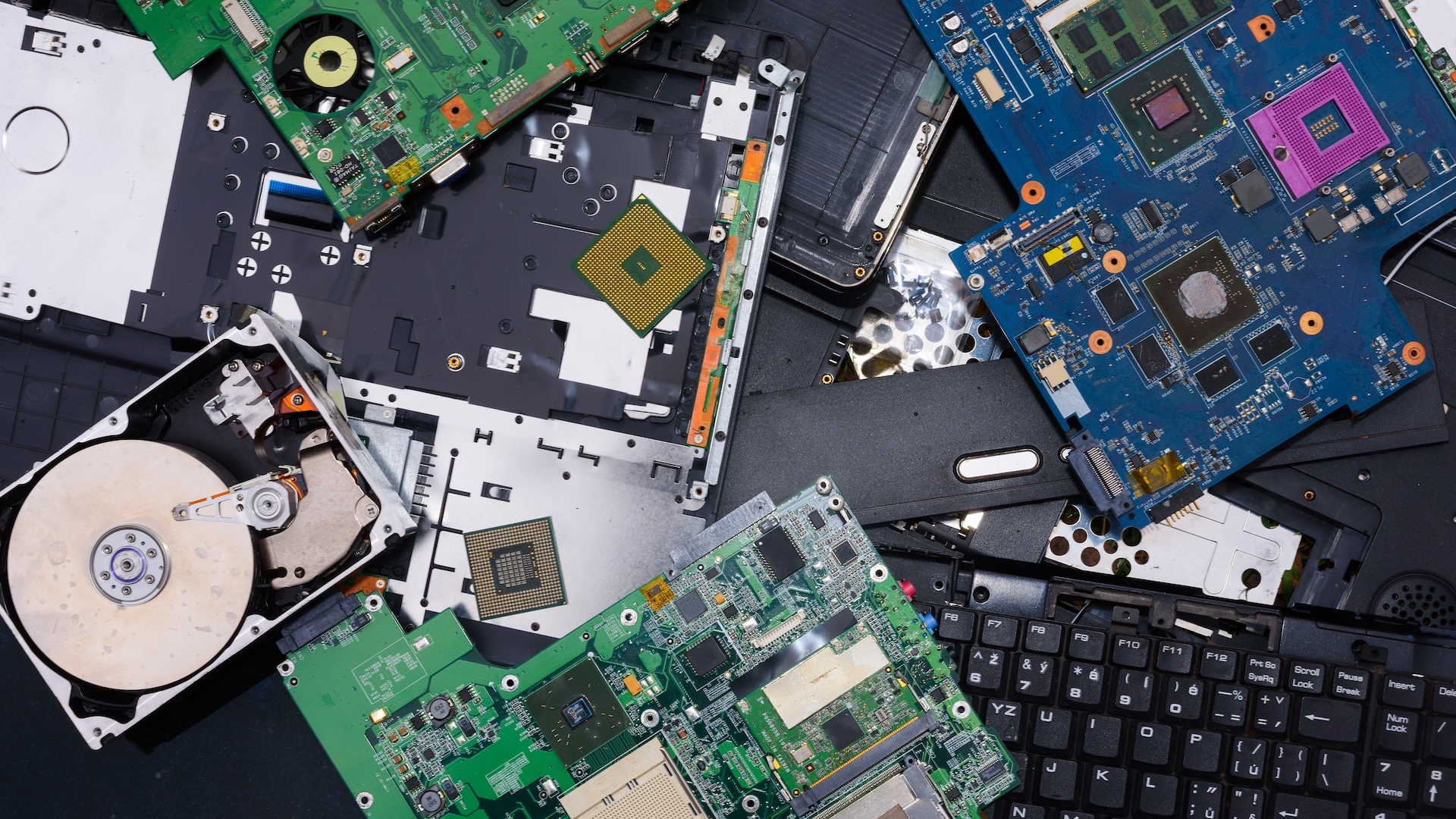The company plans to introduce its Endpoint Security Controller-enabled service in 2026.

One company’s trash can be another company’s treasure—or at least that’s what HP is hoping to convince its customers with a new “PCFax” service that uses telemetry, support requests, and “AI” to generate reports about a laptop’s history. And if your first thought was “gee, that sounds a lot like CarFax,” you’re on the same wavelength as the folks at HP who designed this service. Congratulations, or I’m sorry. Whichever.
“When buying a used car, dealerships and individual buyers can access each car’s particular CarFax report, detailing the vehicle’s usage and maintenance history,” a quartet of HP employeessaidin a piece forIEEE Spectrum. “Armed with this information, dealerships can perform the necessary fixes or upgrades before reselling the car. And individuals can decide whether to trust that vehicle’s performance. We at HP realized that, to prevent unnecessary e-waste, we need to collect and make available usage and maintenance data for each laptop, like a CarFax for used PCs.”
Some of the data used to generate these reports will be sourced from the EndpointSecurityController built into some of HP’senterpriseproducts to collect information from “thermal sensors that monitor CPU temperature, power-consumption monitors that track energy efficiency, storage health indicators that assess solid state drive (SSD) wear levels, performance counters that measure system utilization, fan-rotation-speed sensors that detect cooling efficiency, and more.” This data is then stored on a dedicated portion of the system’s storage and is supposedly tamper-proof.
>>>D11-230P1A Charger for HP 8300E AIO
A brief aside: HPintroducedthe Endpoint Security Controller in 2019. It didn’t attract much coverage then, which isn’t necessarily surprising for something as decidedly uncool as a firmware- and hardware-level snitch that gathers as much information as possible for HP’s enterprise customers. But I do find it somewhat telling that several pages of search results for “Endpoint Security Controller” are filled almost entirely with complaints on HP andMicrosoft’s support forums related to unexpected boot failures caused by an obscure issue with the controller itself, the host BIOS, or something else.
Anyway. HP said the PCFax reports would also include “information from HP’s factory and supply-chain records, digital-services platforms, customer-support service records, [and] diagnostic logs” as well as “data from external sources including partner sales and service records, refurbishment partner databases, third-party component manufacturers like Intel, and other original equipment manufacturers.” All of that data will then be combined to help prospective buyers tell if a given system is junk or not. (Presumably so those customers would then return to HP for more systems later.)
That would require some amount of critical thinking, however, so HP also plans to pipe all this data into some kind of AI model that will “analyze historical telemetry data and predict failures before they happen, such as detecting increasing SSD write cycles to forecast impending failure and alert IT teams for proactive replacement, or predicting battery degradation and automatically generating a service ticket to ensure a replacement battery is ready before failure, minimizing downtime.” Sounds interesting enough—provided the model is a reliable source rather than just a robotic salesperson.
>>>PA04XL Battery for HP TPN-DB1H N08497-005
Maybe that’s just the cynical take. Either way, there’s no denying that companies are finally responding to the absurd amounts of e-waste their product cycles generate, whether that’s byreclaiming mineralsfrom used products, finding ways tosafely recycle them, or designing themto be upgradedwithout requiring someone to throw out the proverbial baby with the contaminated bathwater. There’s a chance PCFax (or something like it) will complement those efforts by convincing HP’s customers that a three-year-old laptop doesn’t need to be thrown away for no reason.
HP said it plans to “start rolling out these features at the beginning of 2026.”